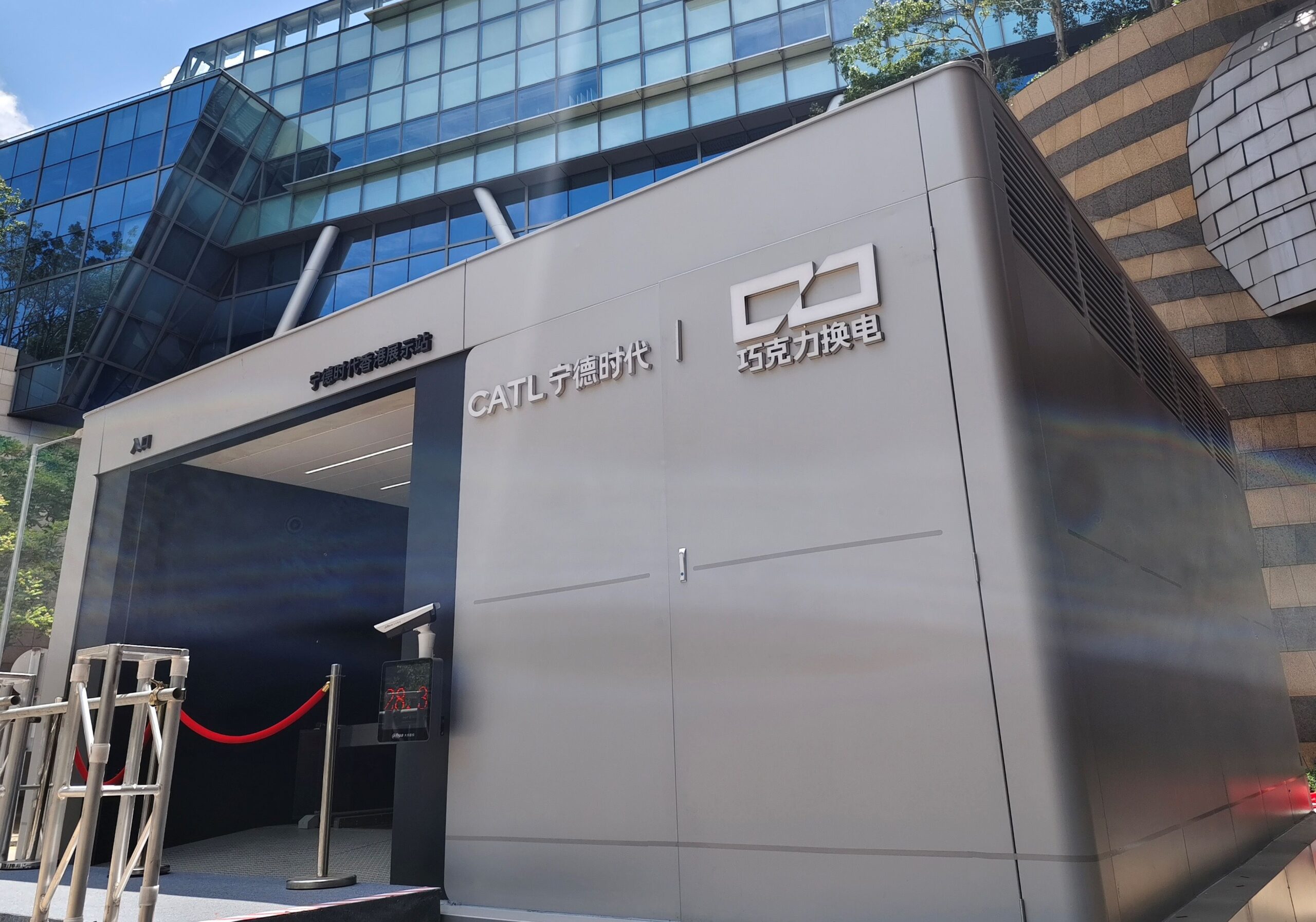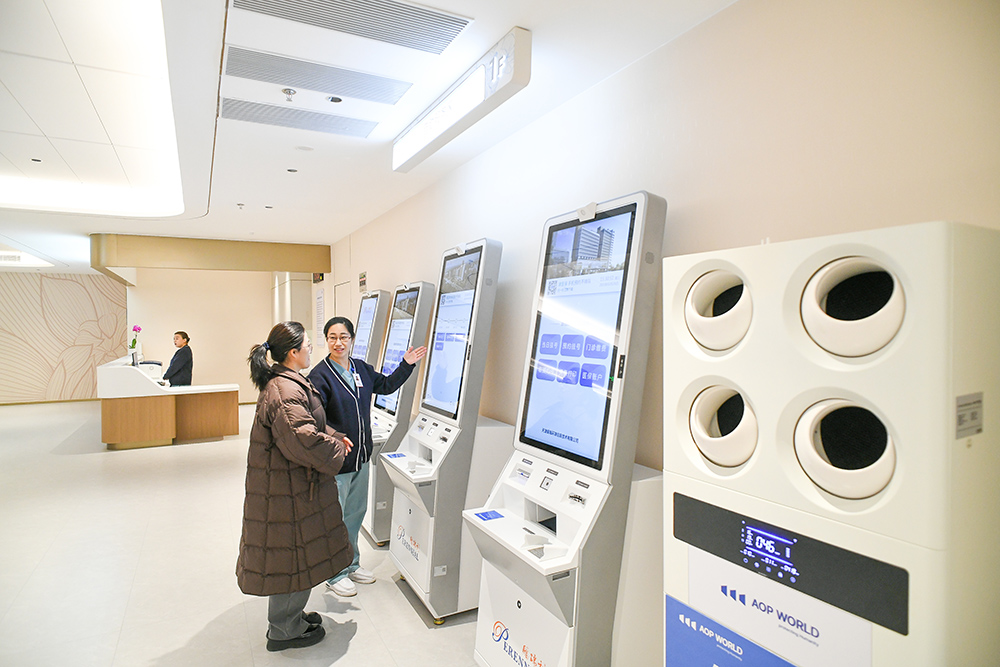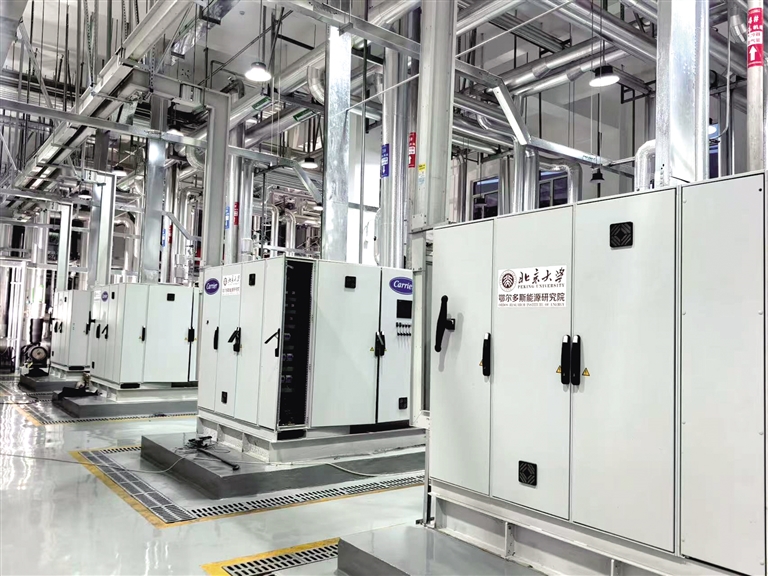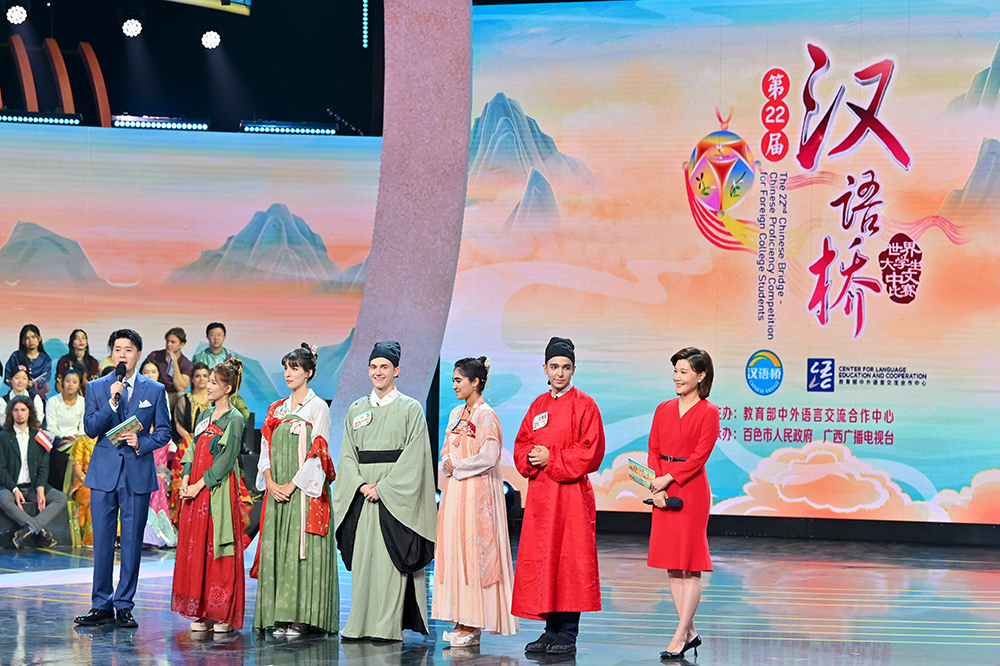China expands its highest scientific awards to recognise more private-sector innovators and entrepreneurs, highlighting their growing role in national R&D.
China has named three leading scientists from major private companies as new academicians of the Chinese Academy of Engineering, the country’s highest professional honour for engineers and applied scientists. The 2025 intake includes Wu Kai from CATL, Lian Yubo from BYD, and Huang Xianbo from Kingfa Sci & Tech, according to CNS.
Their selection marks a shift in China’s scientific recognition system. For years, the most prestigious titles went mainly to researchers in state institutions and universities. Private-sector scientists rarely appeared on the list. This year, however, the Academy created a new quota specifically for candidates from private technology firms, allocating eight seats to industry innovators. The move signals China’s broader effort to acknowledge the role of commercial technology leaders in national innovation.
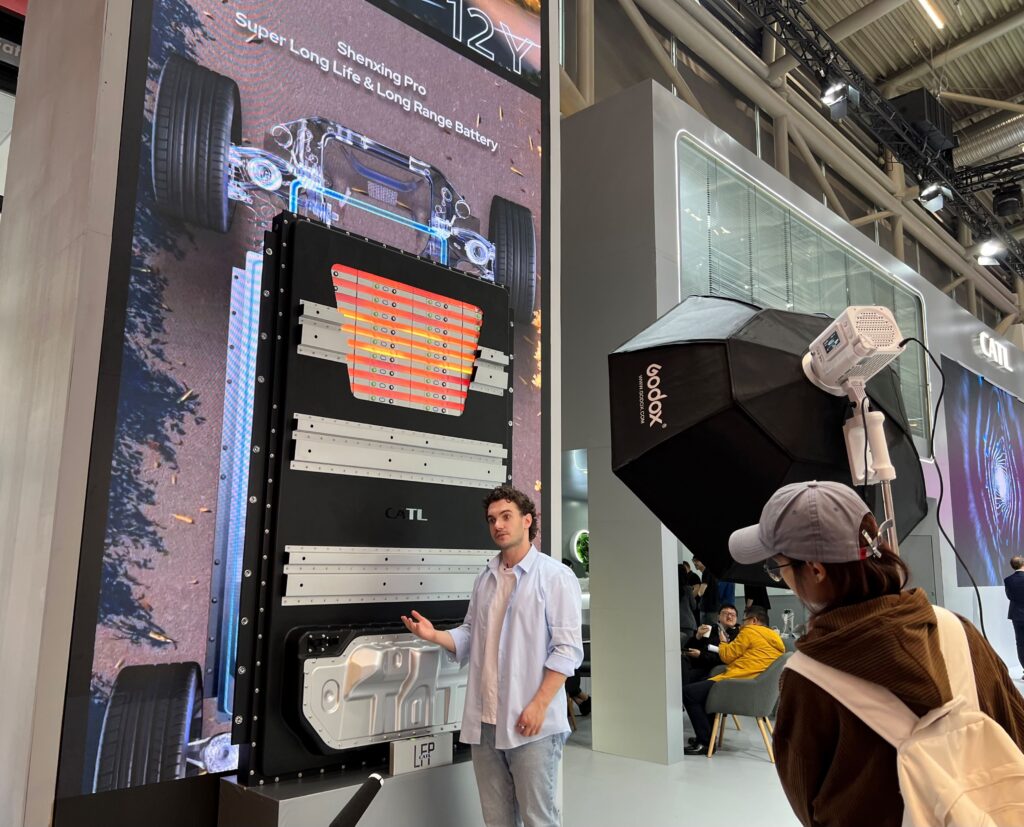
Private Firms Drive Global Innovation
Chinese private companies are increasingly shaping global perceptions of “Made in China,” driven by breakthroughs in technology and materials. According to a report by the All-China Federation of Industry and Commerce, China’s top 500 private enterprises spent 1.13 trillion yuan (approximately £124 billion) on research and development in 2025, with an average R&D intensity of 2.77%. These investments underline the scale and commitment of private firms to innovation.
In the automotive sector, CATL has advanced solid-state battery development to pre-production, achieving an energy density that is over 30% higher than that of traditional liquid lithium batteries, with a cycle life exceeding 2,000 cycles. BYD introduced its global “megawatt flash charging” technology, achieving a peak charging speed equivalent to 2 km of driving per second, marking a significant step in ultra-fast charging solutions.
Under China’s dual-carbon goals, Kingfa Sci & Tech has built strong capabilities in biodegradable materials, achieving a 27.31% year-on-year sales increase in the first three quarters of 2025. These innovations demonstrate how private firms are moving beyond simple product exports toward cutting-edge technologies with global relevance.
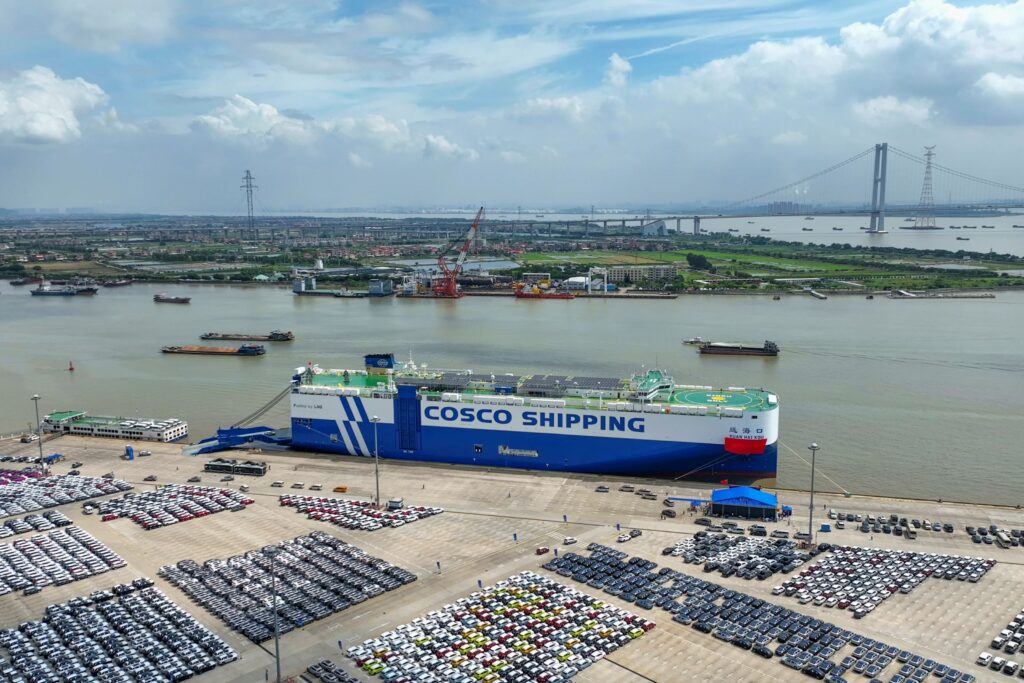
A Talent System Adjusting to New Realities
Against this backdrop, more private-sector experts appearing in China’s top academic ranks seems natural. Private companies now drive innovation in areas such as electric vehicles, batteries, advanced materials, semiconductors, and biotechnology. Their growing role at home and abroad is prompting China to update its talent and recognition system.
Together, these trends point to a broader transformation. As Chinese companies expand globally and their scientists receive stronger recognition at home, an image of a more innovative and internationally connected China is steadily taking shape.
If you like this article, why not read: China’s Top 500 Firms Show Growth and Innovation Push

